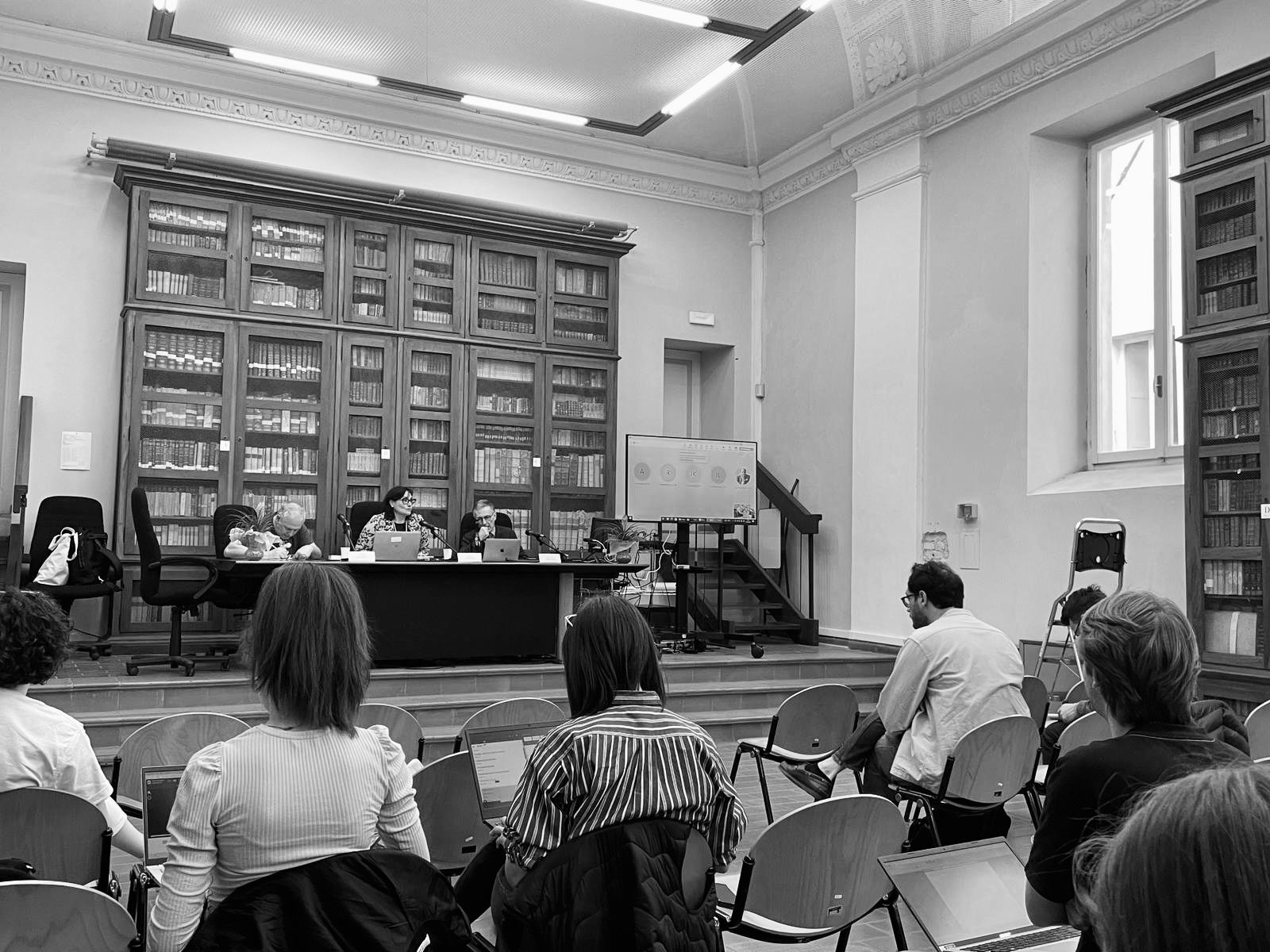For a re-reading of the Adriatic literary canon between the fifteenth and sixteenth centuries
Marcello GARZANITI | University of Florence
Marcello Garzaniti, who recently published the volume Storia delle letterature slave. Libri, scrittori e idee dall’Adriatico alla Siberia (secoli IX-XXI), was the protagonist of the third meeting of the VII cycle of seminars on Adriatic Humanism. His contribution offered a valuable revisitation of Italian and Balkan literature in the humanistic-Renaissance era, starting from the roots, namely from the re-reading of the past.
The reflection began with the history of the Mediterranean, focusing on the role of the maritime republics within a complex European reality, characterized by a network of constantly interacting cities, where maritime connection was the fundamental element. This was followed by interesting considerations on the most important universities, such as Padua, Paris, Prague, and Krakow, as centers of convergence for diverse identities that led to the emergence of the idea of the nation.
The analysis of the framework of humanistic civilization focused on urban tradition, on the merchant bourgeoisie in need of notaries and a new anticlerical culture, which was based on classical and Christian antiquity. The formation of the Res publica litterarum brought with it the need to transmit, defend, and preserve that type of culture, whose protagonists became the literati, no longer the cities, and where relationships among them were manifested through writings.
Finally, distinguishing between writing and literature, the main genres of the proposed canon were reviewed, such as epistolography, historiography, odeporica, poetry, and lexicography.
Thanks to everyone for their participation, and see you on May 7th for the fourth and final seminar.
